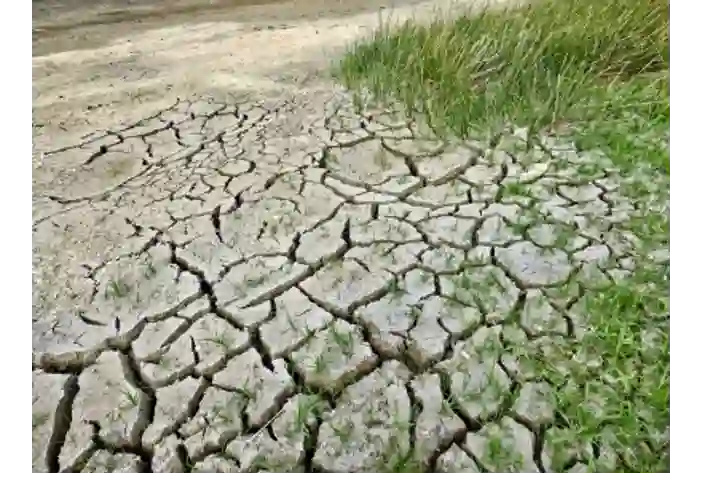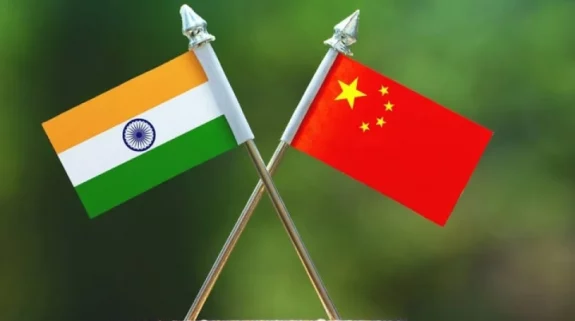Concerns over food security are deepening in Pakistan as its all-important agriculture sector is staring at several challenges including climatic changes, shrinking cultivable area, domestic shortage of water and a lack of well thought out strategy. To add to the problem, the South Asian nation is reeling under pressure amid rise in global energy prices in the wake of the Russia-Ukraine war. Policy makers have underlined the need to focus on this critical issue at the earliest to avoid a full blown crisis while imports of food items are increasing.
According to World Grain, a website providing data on agri-products, the water shortages in key producing areas during the early planting season could lead to reduction in the rice production in the current financial year.
Pakistan’s agricultural sector is critical not only for economic growth, food security but also for employment generation and poverty alleviation.
But corruption and lack of proper planning in the agriculture sector have multiplied problems giving rise to food insecurity in the country.
Consider this. In 2020, Pakistan imported $1.01 billion in wheat, becoming the 13th largest importer of the grain in the world. Wheat, a staple grain in the country, was the eighth most imported product in Pakistan in 2020.
Allianz Group, an integrated financial services provider, in a study said that several food-importing countries face a high level of social risk are in “the current global environment.” Pakistan along with other countries including Sri Lanka, Nigeria, Turkey, and the Philippines among others feature in the list of nations facing high risk of food-related protests in the next few years, it said.
An analyst told India Narrative that Islamabad will be keen to reset ties with the US especially now as it has initiated talks with the International Monetary Fund for a bailout package.
The rapidly dwindling of foreign exchange is also a cause for worry as this would impact Pakistan’s imports food imports.
Recently, Pakistan, the largest importer of tea in the world, asked its citizens to consume more of ‘sattu’ and ‘lassi’ that are considered home-grown instead of the beverage. The idea is aimed at saving precious forex, while promoting employment as a large number of citizens will then be engaged in making these local drinks.
Meanwhile, Pakistan is now looking to expand its ties with the US. Earlier this week, US Secretary of State Antony Blinken and Pakistan Foreign Minister Bilawal Bhutto-Zardari spoke to each other on issues relating to on economic stability and food security.
After Pakistan-US relation hit rock bottom under former prime minister Imran Khan, “since the change of government in April, there has been visible urgency from both sides to re-engage and focus on the future of their relationship,” the Express Tribune said.
Also read: Pakistan urges US to ease issuance of visas for its nationals




















